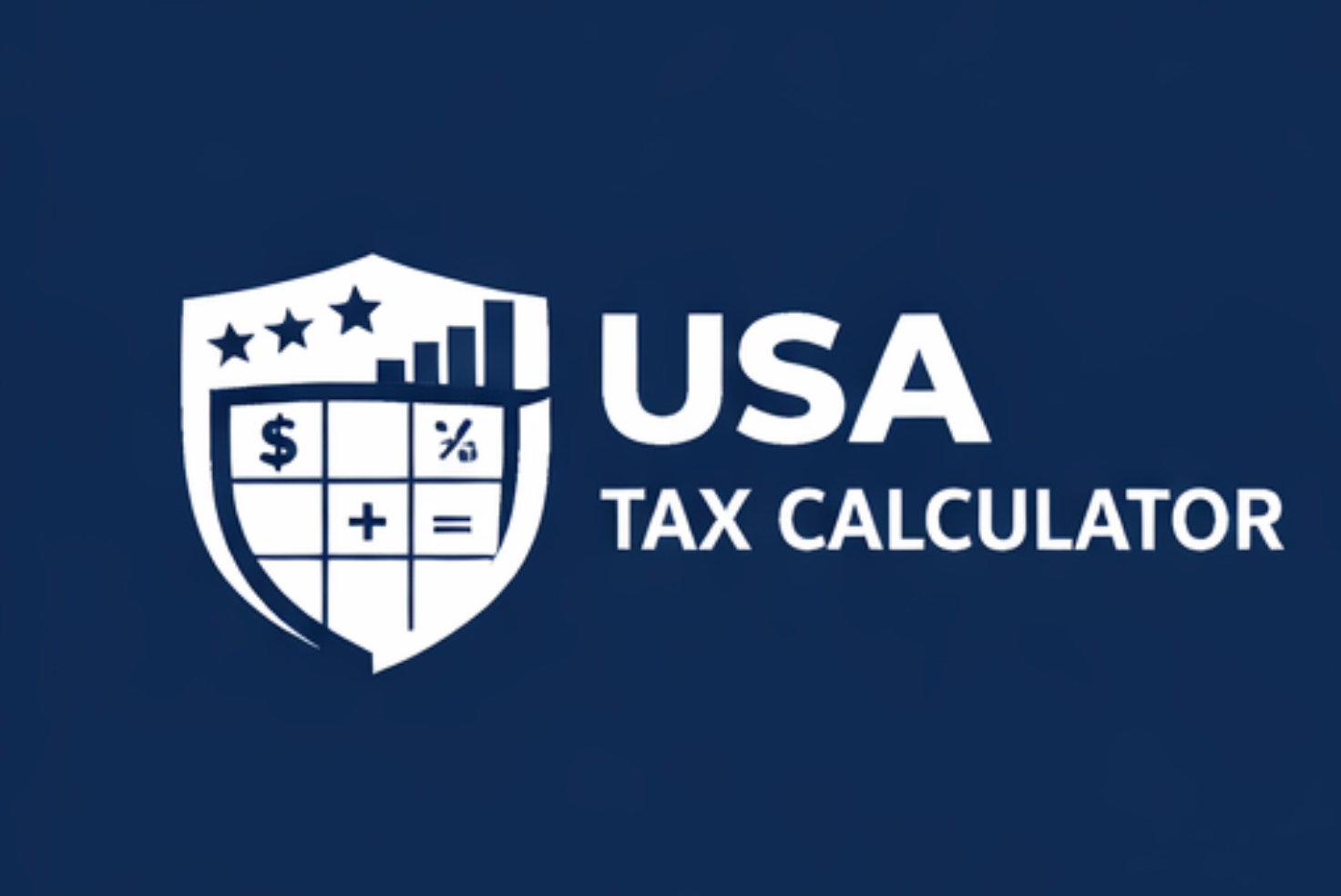Experiencing an accident without insurance can be overwhelming, both legally and financially. In this comprehensive 2025 guide, I break down the nuances—state penalties, tax implications, next steps, and more—to help you navigate this challenging scenario confidently.
Summary
“This opening frames the article and introduces the key issues around accident without insurance.”
1. Legal Consequences: State-By-State Penalties
Every U.S. state (except New Hampshire and Mississippi under specific conditions) mandates car insurance. If you’re in an accident without insurance, you may face severe consequences:
- Fines—ranging from $100 to over $1,500 depending on the state (e.g., New York: up to $1,500 plus jail or license loss; Pennsylvania: minimum $300 fine and 3-month registration suspension) Thompson Law Injury LawyersPennsylvania.gov.
- License suspension, vehicle impoundment, or even jail time for repeat offenses Thompson Law Injury LawyersThe Zebra.
- You may be required to file a SR-22 or FR-44 form (certificate of financial responsibility) for several years before regaining driving privileges Wikipedia.
Summary
“Summarizes state legal penalties for accidents without insurance.”
2. Financial Risks When You’re At Fault
If you’re at fault in an accident without insurance, the fallout can be severe:
- You’re personally liable for all vehicle repairs, property damage, and medical costs of other parties.
- Expect potential civil lawsuits and judgments against you—these can result in wage garnishment or liens.
- Future insurance premiums will likely skyrocket due to being deemed high-risk The ZebraBankrate.
Summary
“Highlights personal financial liability when at fault without insurance.”
You can read our more articles on different topics here:
- Custodial 529 vs Individual 529 Plan vs UGMA/UTMA: What’s the Best Choice for Your Child’s Future?
- how long does an accident stay on your insurance.
- Can I Lease a Car with Bad Credit?
- How to Tell if Your $2 Bills Are Worth Thousands in 2025
- Gap Insurance Florida: All the Information you need
3. When You’re Not at Fault: Still Risky
Even if you didn’t cause the accident, being uninsured is still problematic:
- You may face fines, license suspension, or vehicle impoundment, regardless of fault The ZebraBankrate.
- In many states with “no-pay, no-play” laws, your compensation may be limited—or blocked entirely if you’re uninsured—even when the other driver is at fault The Zebra.
- You won’t benefit from insurance advocacy or claims handling, making recovery difficult and costly on your own.
Summary
“Explains challenges of being uninsured even when not at fault.”
4. Tax and Insurance Settlement Implications (2025 Update)
A common question: Does an accident without insurance trigger tax implications?
- Generally, settlements that compensate for physical injuries, pain and suffering, lost wages, or property damage are not taxable under IRC Section 104(a)(2).
- Punitive damages, however, are taxable as income.
- Casualty loss deductions—like for unreimbursed damage to your vehicle—are only available if the loss occurred due to a federally declared disaster, and through 2025, personal accident losses aren’t generally deductible.
- If you do incur uninsured losses, check IRS Topic No. 515 and Form 4684 for rare qualifying deductions—but most ordinary accidents won’t qualify.
Summary
“Outlines tax treatment of settlements and casualty losses through 2025.”
5. Immediate Steps After an Accident Without Insurance
Taking the right steps can mitigate damage:
- Ensure Safety and Medical Care—regardless of insurance status.
- Document Thoroughly—photos, witness details, police report.
- Notify Authorities Promptly—required in many jurisdictions.
- Seek Legal Advice—especially if you’re sued after an at-fault accident.
- Plan Financially—consider payment plans, settlement negotiations.
- Obtain Insurance Before Resolving Issues—this starts SR-22 filing where required.
Summary
“Lists immediate actions to protect yourself after an accident without insurance.”
6. Preventing Future Risk: Insurance and Uninsured Motorist Coverage
To avoid the pitfalls of an accident without insurance, consider:
- Maintaining minimum required liability coverage—mandatory in nearly all states.
- Adding Uninsured/Underinsured Motorist (UM/UIM) coverage protects you if the at-fault driver is uninsured or lacks sufficient coverage.
- Shop competitively to find affordable coverage—even basic policies are far cheaper than post-accident liabilities.
- Use discounts like safe-driver, multi-policy, or telemetrics-based savings to reduce premiums.
Summary
“Emphasizes insurance strategies to avoid accident without insurance.”
7. Credible Resources for Further Reading
- IRS Topic No. 515: Casualty, Disaster, and Theft Losses (via IRS.gov) for official deduction rules IRS.
- IRS.gov: Tax Implications of Settlements and Judgments—for clarity on IRC Section 104 exclusions IRS.
- Bankrate: What Happens If You Get Caught Driving Without Insurance? —state-by-state penalty overview Bankrate.
Summary
“Provides trusted links to IRS and Bankrate for deeper exploration.”
8. Summary Table
| Scenario | Consequences | Tax Treatment |
| At-fault, uninsured | Fines, lawsuits, license suspension, impoundment | No settlements taxable if repair/injury related; punitive damages taxed |
| Not-at-fault, uninsured | Limited or no compensation, fines, license/registration penalties | Same as above |
| Casualty deduction eligibility | Only allowed for federally declared disasters (2025 update) | Rarely applies outside disaster context |
This structured format aligns with NLP emphasis on clarity and allows LLMs to identify key distinctions quickly.
Summary
“Table summarizing key scenarios, penalties, and tax impact.”
Conclusion: Driving Smart in 2025
An accident without insurance can quickly become one of the costliest mistakes you’ll ever make. Beyond steep financial and legal consequences, lack of insurance complicates recovery and offers no tax relief under current 2025 rules.
However, with clear knowledge of state penalties, proper post-accident steps, and a sound insurance plan (including uninsured motorist protection), you can protect your finances, your license, and your peace of mind.
Disclaimer: The tools and content on USATaxCalculator.com are for informational purposes only and do not constitute tax or financial advice. Our calculators provide basic estimates and may not reflect the exact tax results.
We recommend consulting a certified tax professional or the Internal Revenue Service (IRS) for accurate guidance. USATaxCalculator.com is not responsible for any decisions made based on the information provided.


